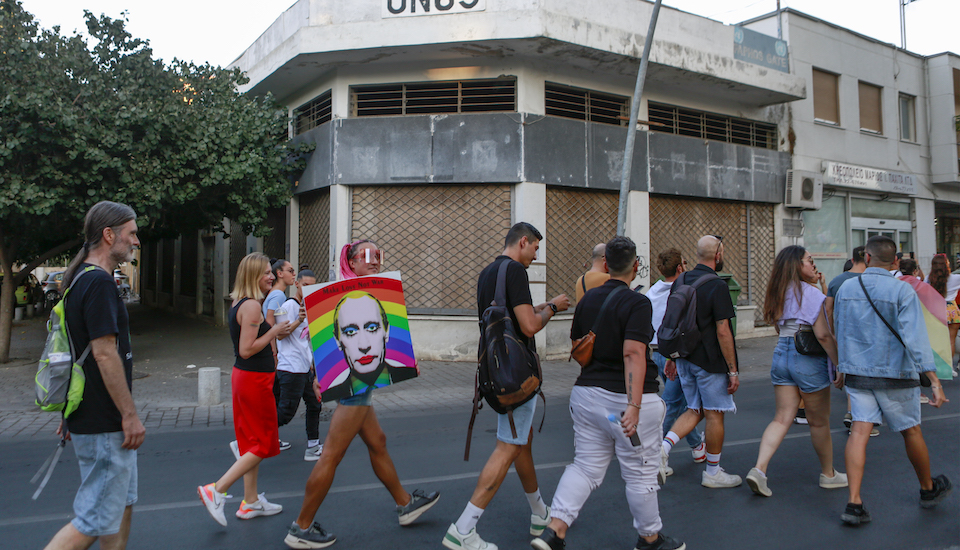In the RSA 2020 Public Services’ report Shopping for Shared Value, Jonathan Schifferes highlights change in major UK supermarkets whereby staff hours and, in some cases, rear-of-store rooms are being provided for community-based activity. John Leventhall FRSA asks whether this newfound community spirit is a sign of supermarkets’ enlightened self-interest to enhancing future profits and whether such approaches can expand to recognise the role that local business can play in the community.
Retail underpins our society and is a key contributor to the character and economy of a locality. As a retail executive and consultant, I have witnessed the evolution of retailing away from high streets towards large supermarkets and retail parks. This has had profound effects on consumer behaviour, on the retail ‘mix’ of smaller towns and on their communities. Economy-driving, middle-affluence citizens aged between 25 and 60 are now less likely to be found on our high streets and more likely to be parking on white-lined asphalt slabs around TESCO, ASDA and B&Q.
The Portas Review published in 2011 emphasises the importance of community and highlights the damage to high streets from long-term local economic decline and supermarket ascendance. Mary Portas outlines practical ‘bootstrap’ solutions for high street self-help but merely tilts unapprovingly against the windmills of the large grocers’ progress into goods and services that were formerly the preserve of high street retail. Whilst encouraging experimentation, Portas seems not to include a recommended role for partnerships with large supermarket businesses in a locale.
Yet it appears that the supermarket leviathans themselves are waking up to the possibility of communicating brand values through philanthropic community-based initiatives. Well, that is really good; and apparently a way to increase consumer loyalty. As competition grows from non-store internet ordering and other brand fascias, for example Aldi and Lidl, there is evidence that large supermarkets are becoming over spaced, a matter of recent comment in the Guardian. What to do with the excess is the challenge. Turning it to the community good is being increasingly tried out.
Schifferes terms this new trend ‘Community Venturing’. But will it last? This correspondent has often seen the marketing froth blown off retailers’ short-term PR strategies and piped enthusiastically over others. If supermarkets want to be more community focused, it is likely that enduring commitments will be needed with, say, supermarket refits providing suites of purpose-built community rooms for use by educational, recreational and local groups. Those spaces might best be run by the community and its organisers rather than through the provision of a few non-specialist staff hours by the supermarket.
However, it is entirely reasonable for supermarkets to be cautious in spending and to want long-term financial value-creation from their philanthropy. The question should be asked whether improved value in future might come from helping to re-invigorate businesses and high streets that have been challenged by their ubiquitous presence. Whilst less obvious than simply adding a coffee shop or a soft play centre inside the supermarket, the long-term benefit of actively assisting the local economy could well create more extensive, more stable and more widespread growth in footfall and local economies. But this latter prospect must appear much less obvious a profit-driving tactic to large retailers, historically focused on inward-looking self-interest.
The RSA report identifies the current trends in Community Venturing practice. Perhaps alongside this there should be more inter-business engagement and cooperation? Large players in a business community might take action to stimulate local economies (tackling the tricky possibility that pooling resources across companies might be the most efficient use of funds). Such an approach would not be without risk but supermarkets might well find their maturing footfall or basket spend improved by re-invigorated trade in nearby high streets.
Building on the start made by the Community Venturing idea, perhaps the RSA might stimulate a more radical initiative to help the supermarket and the high street to work together in a non-competitive, complementary way to understand and harness the possibilities of cooperation. Perhaps supermarkets might share commercial know-how that has hitherto aided their commanding growth? Could they become physical hubs for local business and council representatives to work together on new strategies such as active selection and support of synergistic new businesses to flourish on a high street, where those ventures do not compete on the supermarket’s territory? Might there be assistance from the giants of retail for independent high street operators seeking to reinvigorate productivity?
Schifferes’ report suggests to me that the future may see old-fashioned gladiatorial competition giving way to active local cooperation of corporations, smaller chains and independents in determining collectively how their shared territory might be best developed. What is needed today is not just trying out a few worthy, good practices, but a strategic effort by business and the available forces of research to try and quantify the longer term consequences of thinking ‘outside the big box’ by working hand in hand. Such an approach would be a truly radical one and we should welcome it.
John Leventhall MA(Oxon), MSc, FRSA is an independent, UK-based consultant to retail corporations, SMEs, arts organisations and charities.
To correct this error:
- Ensure that you have a valid license file for the site configuration.
- Store the license file in the application directory.
Related articles
-
Worlds apart
Frank Gaffikin
We are at an inflexion point as a species with an increasing need for collaborative responses to the global crises we face.
-
Why aren't consumer durables durable?
Moray MacPhail
A tale of two toasters demonstrates the trade-offs that need to be considered when we're thinking about the long-term costs of how and what we consume.
-
You talked, we listened
Mike Thatcher
The RSA responds to feedback on the Journal from over 2,000 Fellows who completed a recent reader survey.



Be the first to write a comment
Comments
Please login to post a comment or reply
Don't have an account? Click here to register.